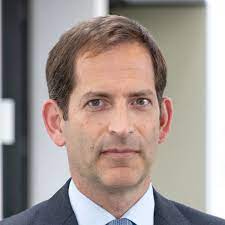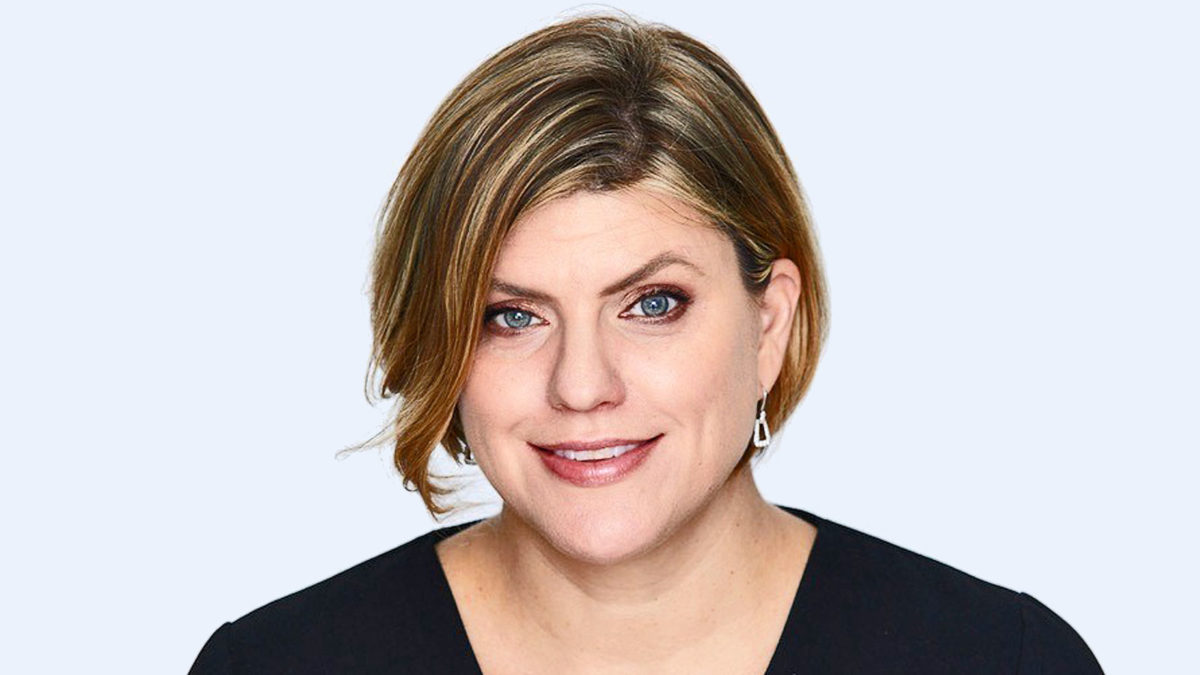‘Schroders Capital’ to unify alternatives offerings
Schroders has united its alternatives capabilities under a new global structure, Schroders Capital, which now speaks for US$66 billion (A$85 billion) in listed and unlisted assets.
The brand and management reporting lines were announced last week (June 7) in London. While the details probably mean more for the staff than clients, it is a further sign of the firm’s determination to push further into the rapidly growing space, including adding to its Australian private markets expansion.
Georg Wunderlin, the former global head of private markets, will head up Schroders Capital, which now includes about US$21 billion in securitised products and asset-based finance, including insurance-linked securities (ILS). This area is headed by Michelle Russell-Dowe.

In its London announcement, the firm said each asset class was set to maintain a “high level of autonomy” within Schroders Capital but would also benefit from “enhanced knowledge-sharing and collaboration with other asset classes”.
Peter Harrison, Schroders group chief executive, said: “Schroders is further delivering on its growth strategy with the launch of Schroders Capital, a new brand for all our private assets businesses. It will continue to provide clients with a local approach to investing across a diversified range of private asset strategies, supported by a global perspective and the long-established Schroders business.”
In Sydney, Nicole Kidd, who joined last September as head of private debt for Australia, from investment bank RBC, said the change also provided clients with more clarity around the firm’s various strategies. Her arrival marked the establishment of the first privet debt business for Schroders in the region.
The fund manager, with roots back more than 100 years, has also been in the alternative markets for a long time, starting in private real estate in 1972. It started in ILS in 2013, private equity in 2017 and impact investing, through associate BlueOrchard, an US$8 billion manager in which Schroder bought a majority stake in 2019.
Schroders had already given its private equity capabilities a significant boost in 2017 with the acquisition of Swiss-based Adveq, a fund-of-funds manager.
Kidd said the private debt business had started very well, with two deals completed within a few months of its launch last year at the same time as raising funds for opportunities.
“The market is crying out for more players in the private debt space,” she said. She heads a team of three, with a local reporting line to Simon Doyle, the head of fixed income, and London-based Georg Wunderlin.
Wunderlin said in the London release: “This unification will promote knowledge sharing and innovation across Schroders private assets businesses and showcase our diversified range of investment strategies for our investors.
“The launch of Schroders Capital will increase the visibility and strengthen the position of our private assets offering while also underscoring our ambitions as a leading player in private markets.”











